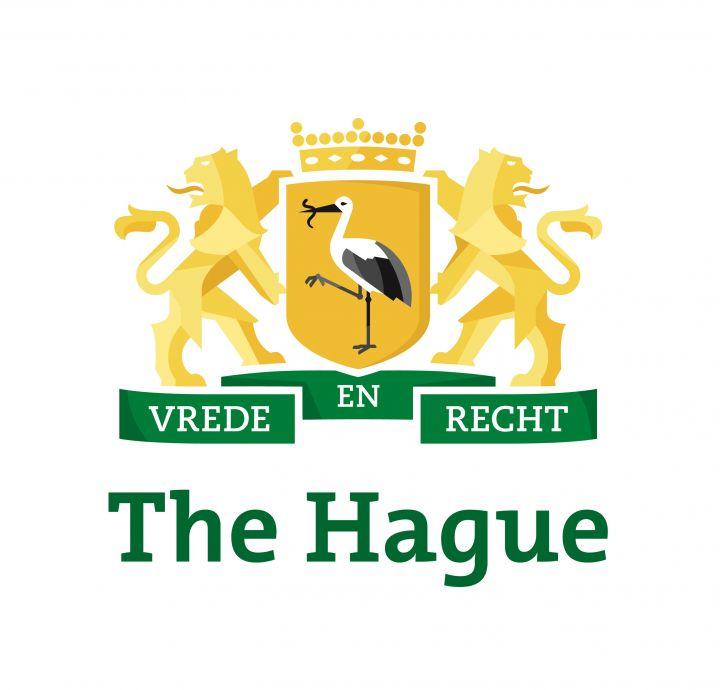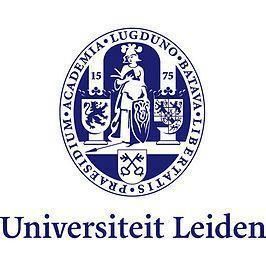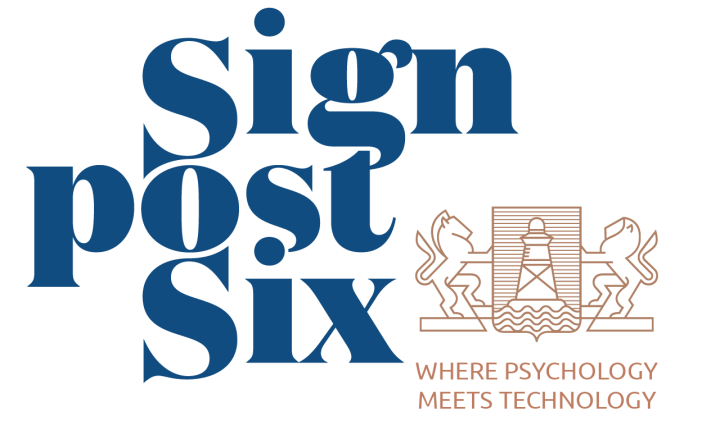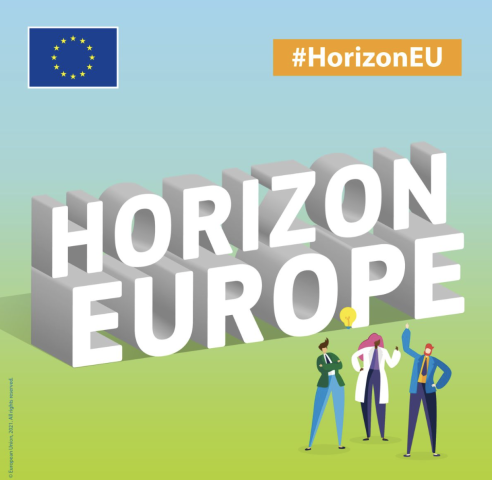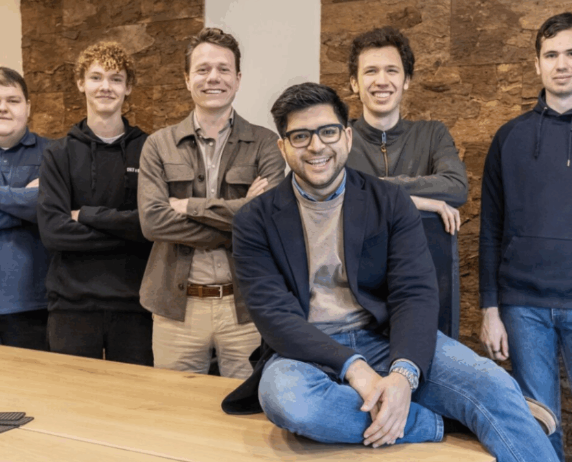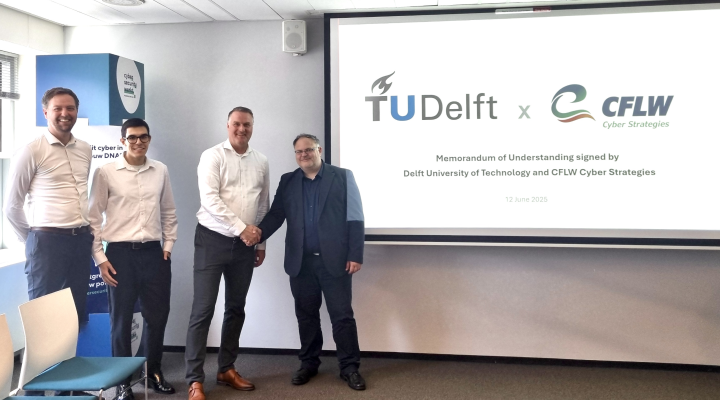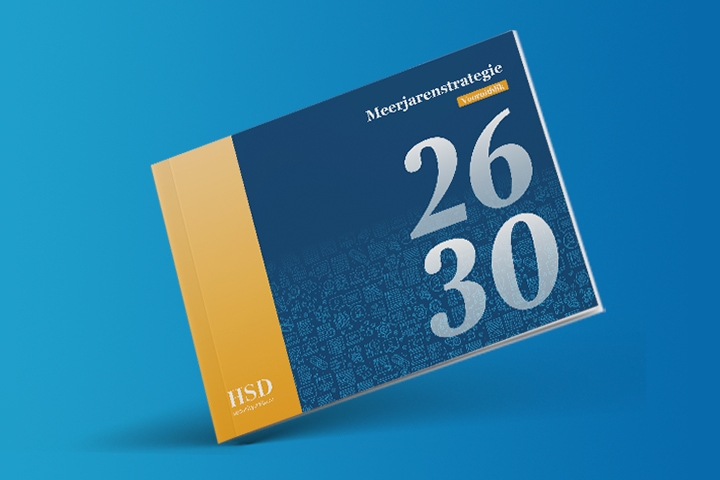Call for Papers NISA International Conference 2019 in The Hague
On 21 November the international NISA Conference will take place at the HSD Campus in The Hague. This years' theme is Old wine, new bottles? The transforming discipline of intelligence collection'. The Netherlands Intelligence Studies Association (NISA) invites scholars and practitioners from all over the world to reflect on this.
They welcome papers on topics related to intelligence collection, including the different collection disciplines ranging from humint, sigint, masint, socmint, and everything in-between, that address the way these disciplines have developed – from past, present, to future. Papers can focus not just on the practice of intelligence collection itself, but also on the broader political, bureaucratic, and social environment of intelligence communities, by addressing issues such as management, tasking, public-private cooperation, and oversight.
Please send your paper proposal (250 words) and resume (one-pager) as a single PDF file before Monday 22 July 2019 to Clotilde Sebag at Leiden University: c.c.c.sebag@fgga.leidenuniv.nl. The organisator hopes to let you know before 14 August which papers have been accepted. More info.
About NISA Conference
For the past few years, the world has been receiving mixed messages about the world of intelligence. On the one hand, we are told that ‘the trade’- the techniques used to gather intelligence - has changed markedly: we now live in an information age, in which big data and social media intelligence transform signals intelligence at its core. Adding to that human intelligence has to adapt, since cameras are everywhere and covers are blown in the blink of an eye. On the other hand, despite the changing face of it, at heart intelligence collection seems to revolve around the same principles. Disinformation might now be spread through Facebook and Twitter trolls, but it is still disinformation, a phenomenon that has been around forever. What is more, hostile intelligence services still use ‘illegals’ who still seem to use one-time pads and short-wave radio transmissions. This raises the question whether the intelligence collection disciplines have truly adapted to an environment that has fundamentally changed – or should do so – or whether this is old wine in new bottles.
During the conference the geopolitical, societal, and technological factors that influence the trade of intelligence collection will be explored. In addition to the keynotes, a variety of presentations and interactive sessions will be held.


